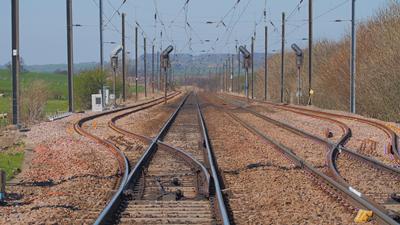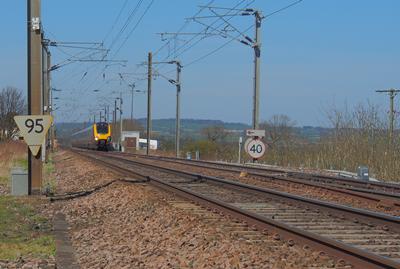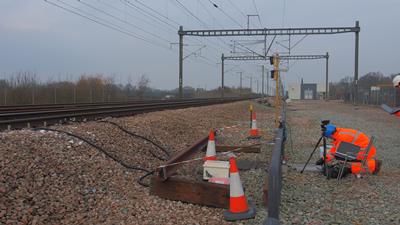Track to the future

A new £8.5m research programme aims to develop railway track for the future that will cost less and last longer with reduced maintenance needs and improved environmental performance, causing significantly less disruption to travellers.
The programme, known as Track to the Future (T2F), will run for five years and started this month.
T2F is a collaboration between academics from the Universities of Southampton, Birmingham, Huddersfield and Nottingham. It is funded primarily by a £5.2m programme grant from the Engineering and Physical Sciences Research Council (EPSRC), with the remainder coming through industry support and from the partner Universities. A comprehensive industry partnership led by Network Rail will steer the research and make use of the scientific discoveries.

The programme will address some of the completely new questions being asked as we push expectations of railway infrastructure performance to the limit. Railway track is being used more intensively as the frequency and speed of trains continue to increase. The time available for maintenance is decreasing and pressure is growing to reduce cost and environmental impacts, including noise and vibration. At the same time, climate change is imposing new pressures on old infrastructure, sometimes with major impacts on exposed coastal railways and vulnerable earthworks.
T2F aims to help infrastructure operators and owners develop low-maintenance, low-noise track to underpin the continued increase in train frequencies, speeds and operating hours.
Professor William Powrie, from the University of Southampton and lead academic on T2F, says: “We are addressing these key challenges through state-of-the-art experimental and analytical techniques, and the integration of advanced behavioural models in the areas of geomechanics, track systems, vehicle dynamics, noise and vibration.
“By extending our scientific knowledge and developing new analytical tools, we will make it possible for engineers to design railway track systems that give longer, more reliable service at much reduced cost.”

The key research challenges that T2F will address are to develop low-maintenance, long-life track systems with optimised material use; to design crossings and transitions that improve vehicle behaviour through them and reduce damage; and to design and develop low-noise, low-vibration track.
The programme will be carried out in collaboration with industry and benefit from complementary research activities, including Strategic University Partnerships between Network Rail and the universities of Southampton, Birmingham and Nottingham, and between RSSB and Huddersfield; engagement of the university partners in FutureRailway and Shift2Rail and other publicly-funded railway infrastructure research; and facilities in the new National Infrastructure Laboratory at the Southampton Boldrewood Innovation Campus, as part of the UK Collaboratorium for Research in Infrastructure and Cities (UK-CRIC).
More detail can be found on the Track to the Future website, http://t2f.org.uk/and you can follow the project on Twitter at http://twitter.com/railresearch.